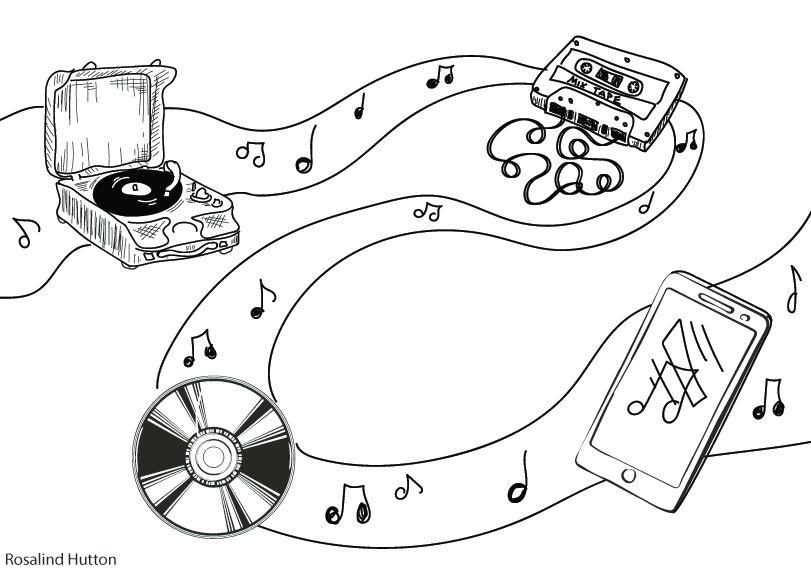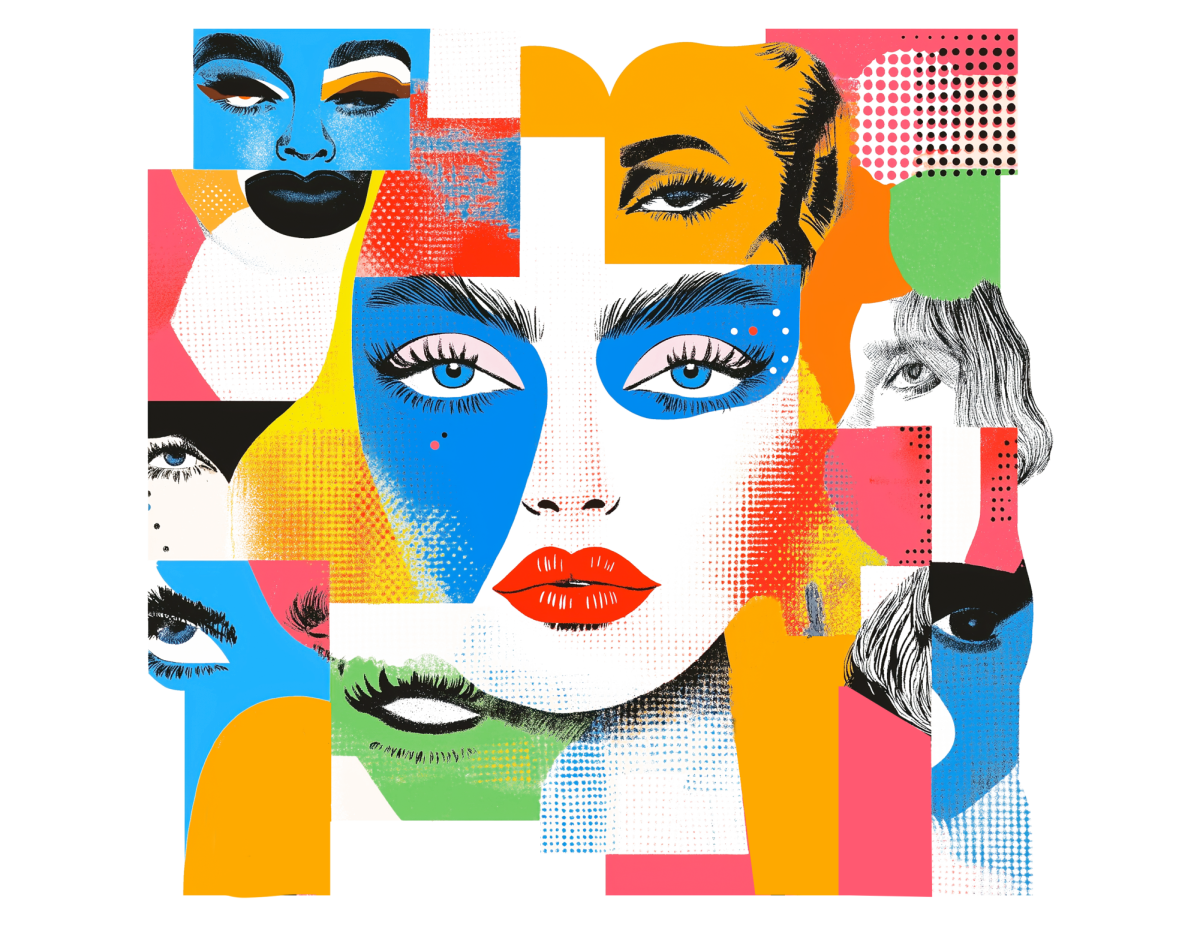Try to name some albums you have actually completed. I mean sat down, played all the way through and are familiar with every song. For some, that can be challenging because we tend to enjoy specific songs from artists. Everything else is either not as catchy, or simply not our cup of tea. Most like to enjoy a single song, then change the genre toward some other random tune we are enjoying at the moment. We multitask. We leave repetitive music in the background while walking or trying to get through the day.
The concept that most seem to miss is how much this has affected our taste. Do you have a habit of skipping through tracks? What about genres you listen to that do not fit into the “Top 40”? Numerous factors shifted global and local taste, but the Internet was the main culprit. It took almost two decades for the industry to adjust to daily Internet use, piracy and new music genres. The Internet altered the concept of “popularity,” ease of access and the ability for discussion.
This is not a bad thing. While not perfect for our dopamine receptors, our needs for music shifted. The radio was the main source of information and media for decades. Then, it shifted towards television. Now that the Internet is around, have you recently watched MTV for new music? How many years have passed since you purchased physical media, either as CDs or vinyl? Now, most have some form of playlist, utilizing some service that might not be paid for. This is all thanks to the Internet.
According to RIAA, vinyl and cassettes were the main source of sound in the 80s. Then, CDs dominated and became the leading format for almost 20 years. When the 90s arrived, it brought the early Internet with it. That included file-sharing, piracy and music professionals losing their hair. The US music industry peaked in 1999 with 21.5 billion when adjusted for inflation. Ironically, Napster started sucker-punching the industry with free music in 1999. After that, it took over a decade for streaming to start taking off. With it, the music industry finally started growing in 2015.
It makes sense the industry is growing, given how prevalent music is around campus. Each day, dozens of students walk around with AirPods or conventional headphones. People do not carry CD players, boomboxes or Walkmans anymore. Mobile phones have become the main listening platform, relying solely off of digital media. According to Statista, 79% of music intake was digital in 2017. Micro-SD cards and internal storage led to digital superiority. It serves an easier function than carting around a second device, like an iPod.
Taste in specific genres grew as people became accustomed to daily Internet use. Genre blends like synth, DIY, Trap, electro swing and dream pop led to industry diversity. The top genres like pop, hip hop, alternative and rock are still major staples. The positive aspect is that new genres have a platform to cultivate fans. These genres would not exist if they relied on radio or television stations. Because of new and diverse musical interests, the music industry has encountered growth for the last few years.
The IFPI Global Music Report of 2019 illuminated recent growth in the music industry. Music revenues have grown by 9.7%. Vinyl has also managed to return to its highest revenue level since 1988. Driven by paid streaming, over half of all revenue now comes from online platforms. It has never been easier to generate a following or share new music. This digital shift allowed for new artists to share their work over platforms like Spotify, SoundCloud and YouTube. With this change, new genre-blends formed and have shifted everyone’s preferences.
There are dozens of other reasons why we enjoy our current playlists. As an artistic platform, the facets are diverse and there are endless available options. It is a temporal medium. It will always take repetition to gauge interest or pick out brilliant melodies. The next time you listen to a song, try to pay attention to your shift in taste. You might find a lot has changed in a short amount of time.
Categories:
The Internet has rapidly shifted our taste in music
About the Contributor

Brandon Grisham, Former Online Editor
Brandon Grisham served as the Online Editor from 2019 to 2020.
He also started The Reflector’s digital archive, dubbed the “Grisham Archive Project.”
0
Donate to The Reflector
Your donation will support the student journalists of Mississippi State University. Your contribution will allow us to purchase equipment and cover our annual website hosting costs.
More to Discover








